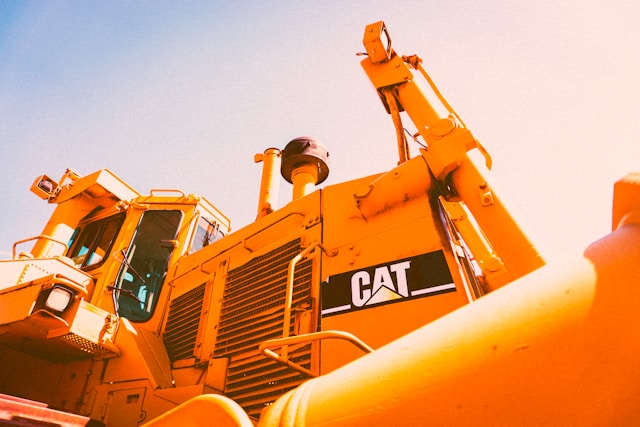Across all sectors of construction, it is common to see heavy machinery being used. Equipment such as bulldozers, diggers, and cranes are a frequent sight on most construction sites and are used to efficiently move heavy materials or lift structures into place. This equipment can replace the need for a large workforce, saving construction firms considerable amounts of time and money in terms of labor costs. However, operating heavy equipment has inherent risks depending on the machinery and the environment in which it is used. For example, staff on-site may suffer crushing injuries if they contact with parts of the machinery, and improper use of the equipment can pose serious risks to the workforce. In this article, there will be a discussion of some of the best practices when operating heavy equipment safely.
Purchase or hire reliable machinery
Firstly, it is of paramount importance that your construction firm invests in the most reliable and safe heavy equipment. This applies to whether you purchase the equipment outright or rent it on an occasional basis. Always purchase the equipment from trusted suppliers in the industry, such as machinerypartner.com. Ideally, these suppliers will have decades of experience in the industry, being able to source or produce heavy equipment that has been designed to operate to the highest levels of safety. In addition, consider that reliability is a key factor when using heavy equipment. Ideally, it will operate for extended periods without needing service or maintenance. This will improve each construction process’s efficiency, with minimal time being lost in maintaining the equipment. Equipment that rarely breaks down is less likely to pose risks to the workforce as it will operate consistently and predictably. In short, choose quality and reliability in your heavy-duty equipment, and you will be taking some vital first steps to operate safely.
Thoroughly train your staff
The importance of thoroughly training staff in the operation of heavy machinery cannot be overestimated. Firstly, this will ensure that your workforce can operate the machinery to the highest levels of output, improving efficiency and productivity on-site. In addition, staff with a comprehensive understanding of their heavy equipment will know what risks the machinery poses and how to minimize them while operating it. For example, a forklift operator should be aware of the safe speeds to drive at, the vehicle dimensions, and the maximum load it can safely lift. Gaining expertise in controlling any piece of heavy machinery can be a key way to ensure its safe operation. Staff should receive training that demonstrates all functions of the equipment, best practices in operation, and what actions to take if a malfunction occurs.
Create a culture of site safety
Finally, creating and maintaining a safety culture on any construction site where heavy machinery is used is important. For example, forklift zones can be introduced on some sites to restrict other worker access in these areas, reducing the likelihood of collisions. Ideally, non-essential workers should stay at a safe distance from any heavy machinery and wear suitable PPE when operating or working near it. In addition, a robust culture of incident reporting should be in place to alert managers and safety staff to “near misses” and accidents that occur on-site when using heavy equipment. This will help identify risks in the working environment so that measures can be implemented to minimize the likelihood of future incidents occurring.







